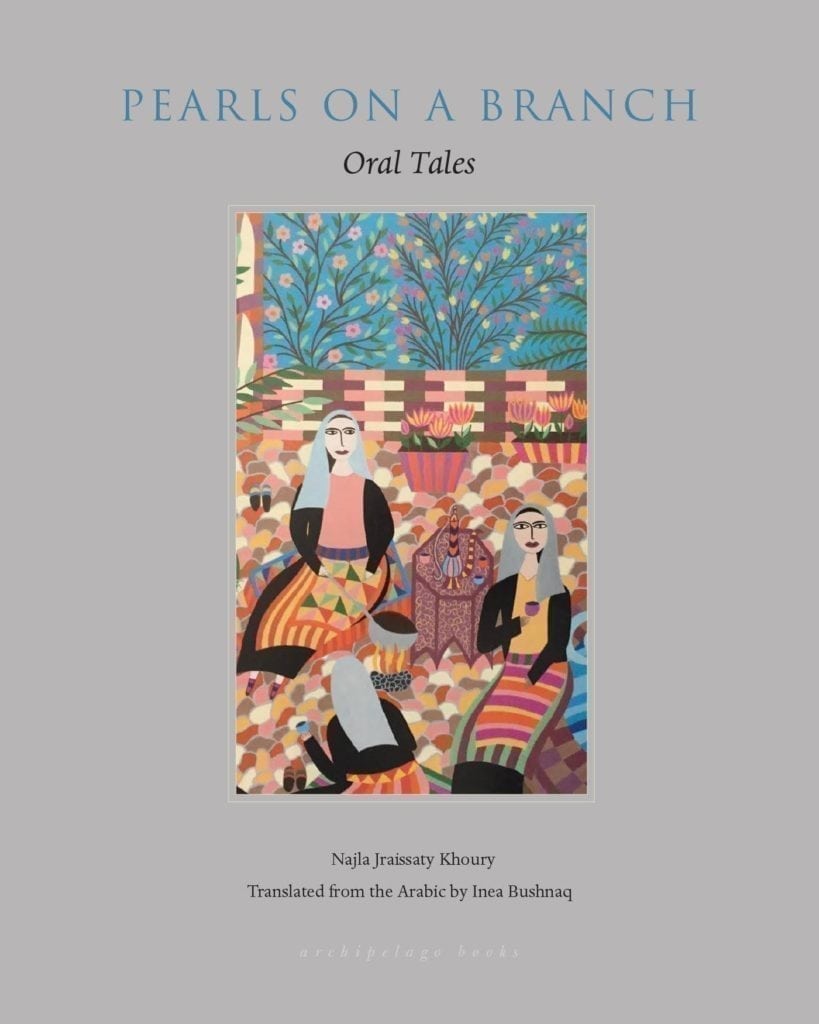Praise
The collection gives a strong sense of the women who passed down these stories through generations: rebellious, ribald and utterly charming.
Dark emotions in the folktales are balanced with tenderness as lovers reconcile and wives pray for infants to hold... Female protagonists are agents of peace but also indelibly clever, demonstrating the humor, alternately ribald and subtle, at work in the lives of the tellers.
Many times these stories express a desire to upend power structures...One could look for hints of protofeminism or use for comparative literature or read for pure enjoyment. The author’s and translator’s notes are helpful for appreciating the tales as expressions of women who had no voice except among themselves.
A funny, bawdy, occasionally gruesome, and decidedly adult collection that celebrates small cultural variations amid large universal values.
[T]hese tales are radiant with sunlight and flowers, jinns and spirits, palaces and sultans... the themes will resonate with anyone who loves fairy tales and folklore... An absolute delight for readers young and old.
A unique literary reference, where speech is the beginning of imagination.
The importance of this book lies in the quantity of oral tales that were recorded, and in the safekeeping of a cherished part of our collective memory, before they disappear in oblivion with the ones who told them.
The stories of Pearls on a Branch vary from fairy tale-esque to curiously compelling or comic. [...] These fantastic tales are culturally intriguing, and particularly notable for acknowledging the unique voices of Lebanese women, past and present.
Here a young woman slaps a suitor, transporting him back to his old life; the daughter of the sun and the moon commands objects with her voice; Thuraya, a long-haired woman trapped in a tower by a beastly ghoul, escapes with her lover by transforming everyday objects into a forest, a fire, an enormous lake... Filled with magic and cultural insight, the stories collected in Pearls on a Branch should be read aloud, explored and thoroughly enjoyed.
Such an exciting collection... Charming and sometimes quite subversive, and, like all folklore, offering a window into culture and social history.
Pearls on a Branch is an all-ages collection with something for everyone: delicious language, fun stories and unexpected reversals. Those who read it will find themselves like the married frogs at the end of their tale: 'Content, they ask for nothing more.'"
It was very interesting to be given this opportunity to glimpse into such an essential but often overlooked aspect of Arabic life.
Comic, unique, and at times provocative… There are many figures to admire in Pearls on a Branch, and the translator must be counted among them… [Inea Bushnaq’s] preservation of a sense of the original’s rhythmic quality, more than making up for the loss of wordplay and rhyme, achieves the impossible—rendering the written audible, enough to hear generations of female voices calling out, inviting you to sit and listen to their timeless tales.
Timeless... Not just a 'rescue mission to preserve the oral tradition' but a bridge that will help connect Western readers to a culture they do not know.
I loved the pre-story that is often told in rhyme, the blessing, the rote "true or not true" statement... Many of the stories have to do with marriage, and often deception, changing the appearance, and Sultans or Princes who marry for the wrong reasons. I was pleased to see stories where the ending was a woman getting to marry who she wanted to in the first place.
I loved these [folk tales] – they’re fun, or moving, or occasionally horrifying, they’re very well written, the translation is excellent, and there’s a wide range so that they don’t begin to feel repetitive. Also, they shed a huge amount of light on a society and way of life that is so different from my own, and which is slowly passing; so that there’s an importance and even urgency to the act of gathering and recording these oral traditions before they are lost.
Extras
The Lebanese and French RAYA Agency has posted some summary and background about Najla Khoury’s research project, as well as a sample of the translation.
Najla Jraissaty Khoury’s compilation of Lebanese nursery rhymes, published by the Lebanese house Dar Onboz, was turned into a puppet show in Beirut. You can read about that production here.
The Paris Review has published an excerpt from translator Inea Bushnaq’s introduction to the book. You can read the article here.
Tin House Magazine has published an excerpt from the book, which you can read here.

